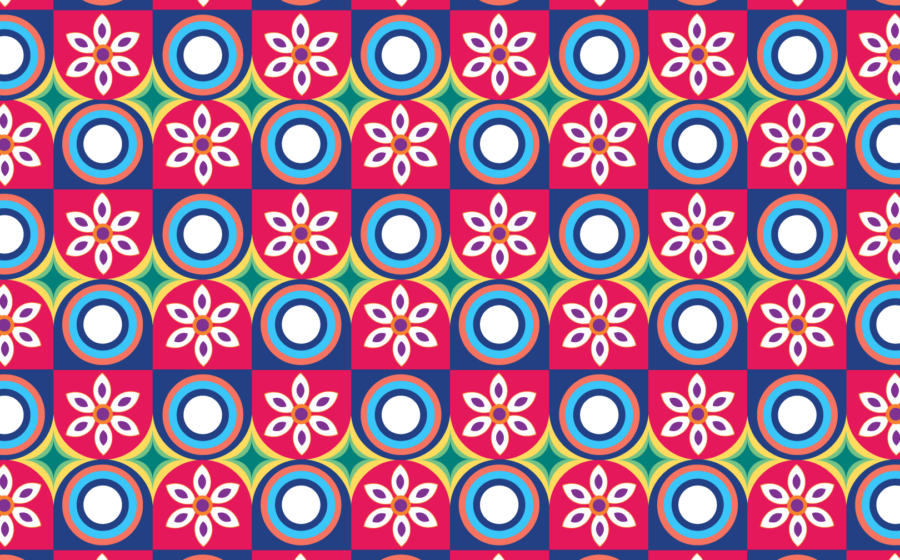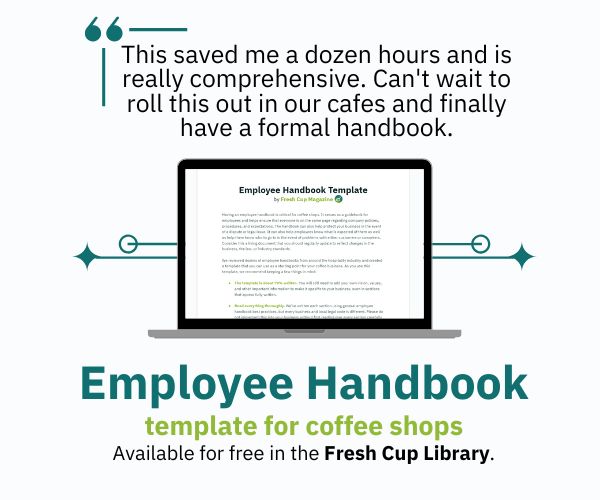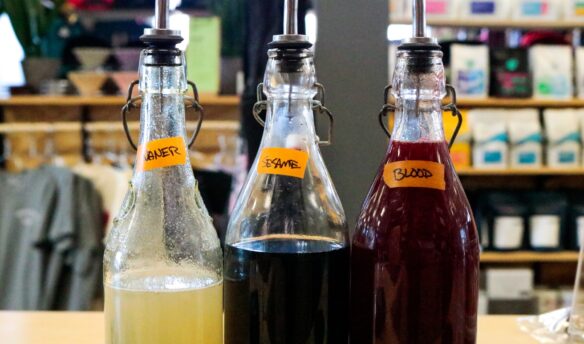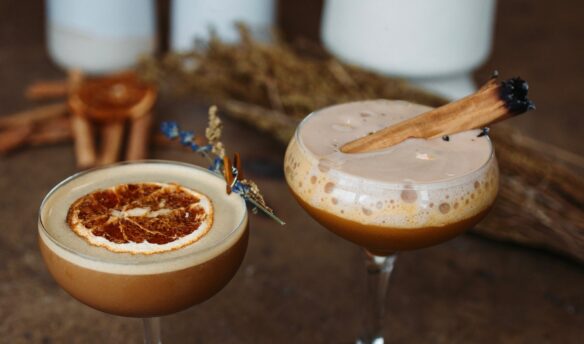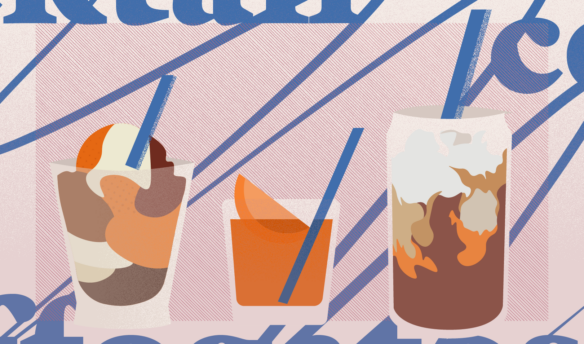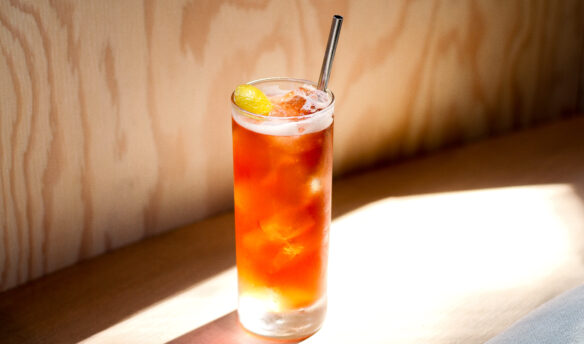This article is sponsored by our partner, Maya Tea.
According to the USDA, an eight-ounce cup of black tea contains approximately 47 mg of caffeine. Comparatively, coffee has nearly double the amount of caffeine, between 80-100 grams per eight ounces. Yet, when a non-coffee drinker visits a cafe looking for the promise of an energy boost, they’re often left searching through a paltry selection of teas—and nothing else. Coffee-adverse folks exit cafes empty-handed and with low energy levels, unable to find the caffeine kick they were searching for unless they resort to strolling the energy drink-lined aisles of the nearby gas station.
Recognizing the growing demand for coffee alternatives that give consumers a caffeine kick, many coffee chains have added energy mix-ins and other “boosted” beverages to the menu. Starbucks was among the first to kickstart this trend in 2012 with their line of Refreshers that use green coffee extract for a mild caffeine boost.
The success of energy drinks in the coffee industry is evident: Dutch Bros, a national coffee chain with 800 stores, claims that its energy beverages, called Rebels, comprised 24% of sales in 2021. PJ’s Coffee, Aroma Joe’s, and now McDonald’s all sell energy-infused drinks to customers looking for an energy jolt.
With convenient beverage giants hopping on the energy train, is it feasible for locally-owned coffee shops to add energy mix-ins and caffeinated coffee alternatives to their menu too? Several local coffee shops nationwide have already bought their ticket for the energy express, broadening their customer base and increasing their bottom line along the way.
All of the Buzz, None of the Coffee
When searching for another caffeinated beverage to add to the menu, some cafes simply opt for cans of Red Bull or Monster, two of the most popular energy drinks. Others choose to add energy drinks to custom beverages such as Red Bull Italian Sodas, which are particularly popular in drive-thru shops across the Pacific Northwest and include Red Bull, flavored syrup, ice, and in some instances, half-and-half and whipped cream.
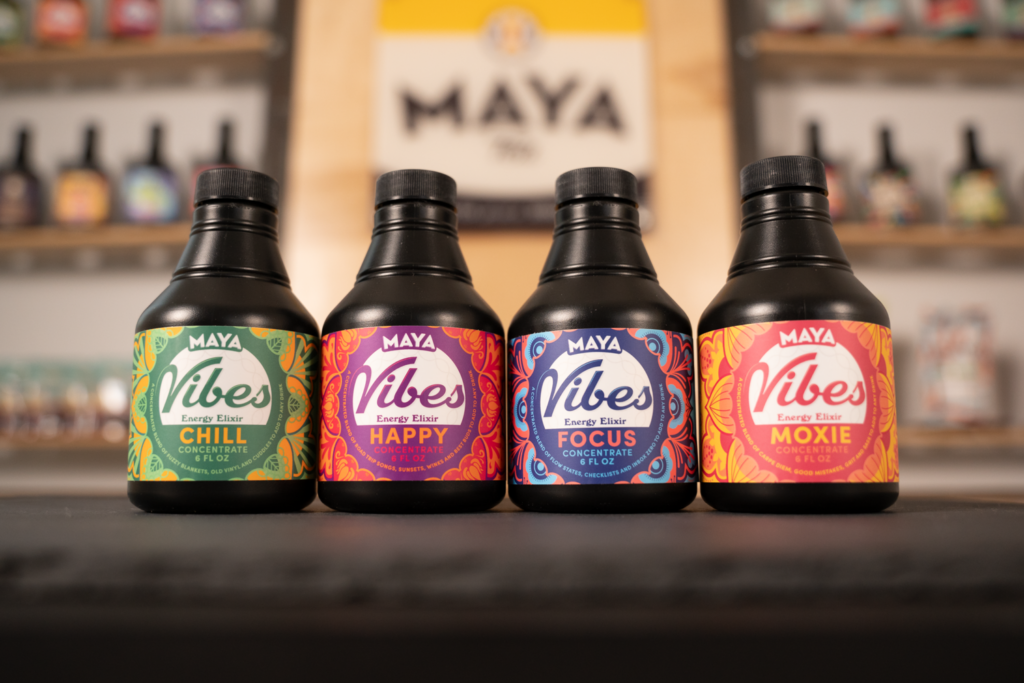
But Red Bull and other major energy drinks have a distinct taste and are difficult to describe—others have tried. For some coffee shop owners, the overwhelming and possibly off-putting flavors (like a chalky aftertaste) aren’t representative of their business goals or values.
Manish Shah, CEO and principal of Maya Tea Company, wanted to provide customers with an energy boost without added sugar, unnatural flavor, or artificial coloring. “We have our own tea shop and wanted something that elevated the caffeine content of our drinks but didn’t alter the flavor, color, or sweetness,” says Shah.
Mainstream energy drinks are only focused on doing one thing: revving people up. The challenge is the word ‘energy.’ It implies that the only type of energy is high and frenetic. manish shah, maya tea company
With his unique knowledge of the tea market and industry, Shah set out to develop a caffeinated alternative for cafe customers.
Maya Tea’s new product line, Vibes Beverage Enhancers, is an odorless and flavorless energy addition to any beverage—even coffee. Vibes uses a combination of plant extracts and vitamins such as Ashwagandha extract, B12, L-theanine, and caffeine derived from green tea extract to add energy without artificial sweeteners or chemicals.
Maya Tea, based in Tucson, Arizona, took a holistic view when assessing the needs of energy-seeking drinkers and noticed a hole in the current way energy drinks are made and marketed. “Mainstream energy drinks are only focused on doing one thing: revving people up,” says Shah. “The challenge is the word ‘energy.’ It implies that the only type of energy is high and frenetic.”
The demand for energy drinks in America is undeniable: sales of energy drinks jumped $4.54 billion from 2021 to 2023. However, today’s customers are also on the hunt for other forms of functionality in their drinks or a beneficial effect beyond the essential nutrients the body needs.
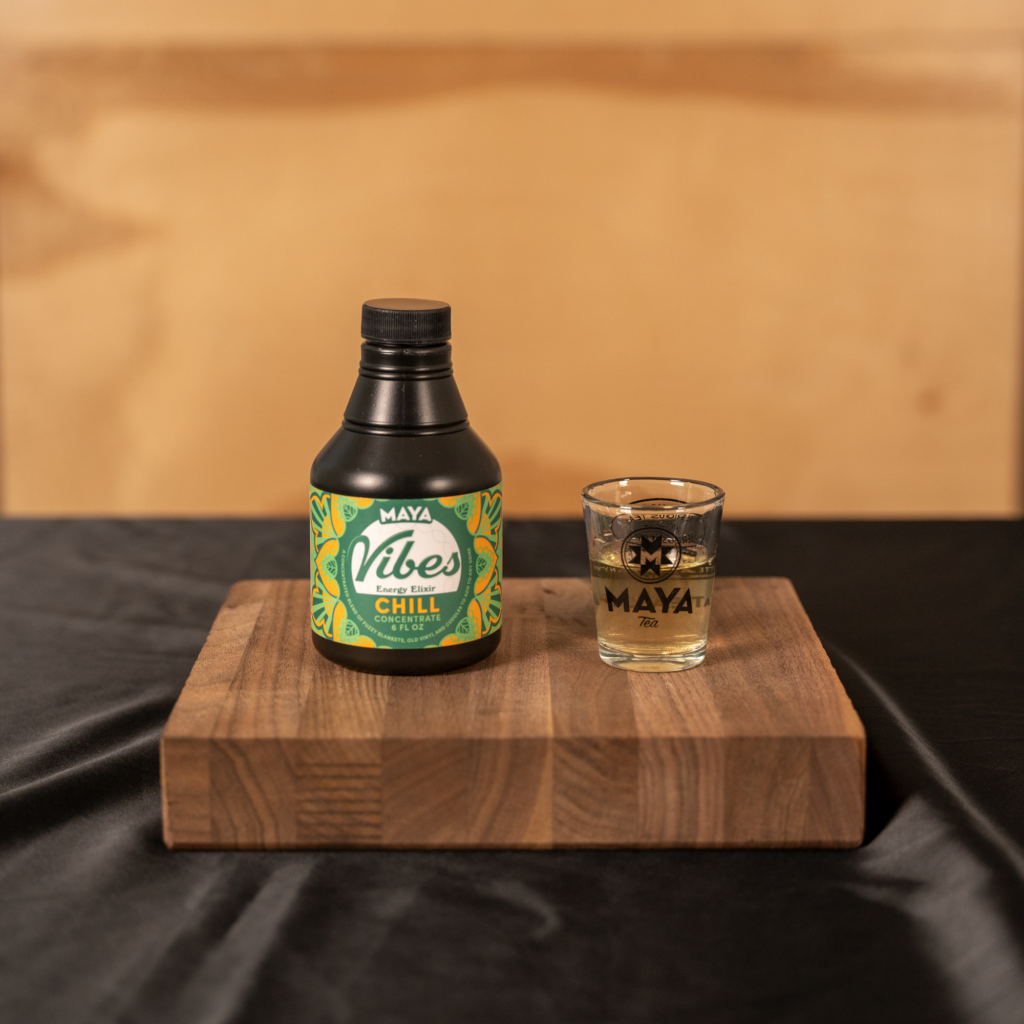
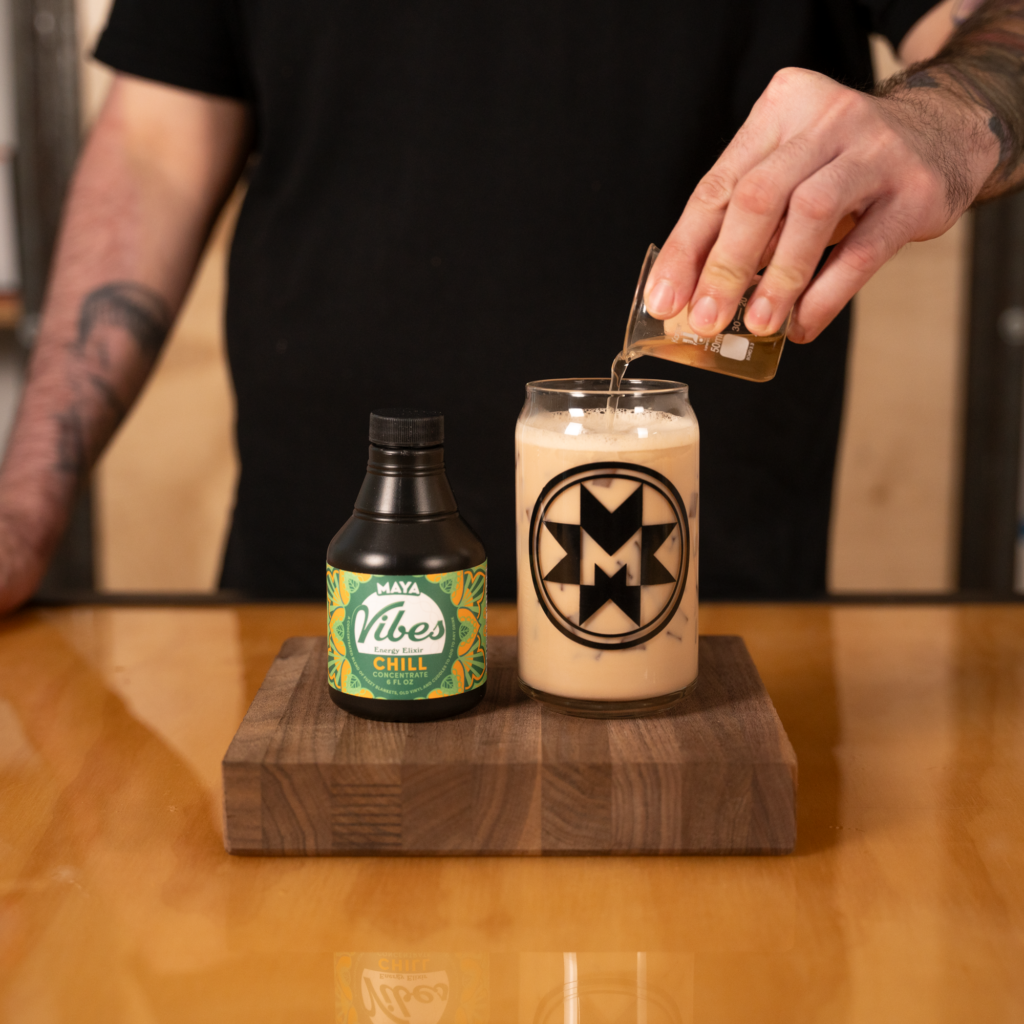
According to a March 2023 survey by Mintel, 42% of US consumers say they want food and drinks that can help them stay focused. Additionally, 72% of surveyed consumers stated they either drink, have tried, or are willing to try beverages with cognitive-enhancing benefits. Thanks to increasing customer demand, the global functional beverages market is on track to grow to $147.7 billion in 2023.
To that end, Maya Tea attempted to expand beyond the typical definition of “energy.” The company developed four functional energy mix-ins for the Vibes Beverage Enhancers product line: Focus, Chill, Moxie, and Happy. “There are several levels and states of being that are all enjoyable, and we wanted to capture that,” says Shah.
Helping Customers Function
At Revolution Coffee Co. in Denison, Texas, owner Benjamin Hernandez is all about challenging habits and perceptions. His coffee shop takes a strong stance against artificial flavors and additives with a company mission to alter consumer coffee habits through “careful ingredient sourcing, constant auditing, and internal production.” It was this approach that led him to use Maya Tea’s chai, tea concentrates, and Vibes products in his shop.
We often have customers asking to add two or three extra espresso shots to their lattes. We first ask if they want the additional coffee flavor or the caffeine boost. More often than not, they want the caffeine boost. caroline moody, mama b’s tea and coffee
Revolution Coffee is known for its chai, but Hernandez discovered that customers still sought an energy boost from their drinks. “It was actually one of my employees, Noah, who urged me to consider bringing [Vibes] in. He made a really great case for how they would fill a need with our customers that currently wasn’t being fulfilled,” says Hernandez. Revolution Coffee customers can add Vibes products like Moxie or Happy to various drinks, including iced tea and iced matcha, for a caffeine boost or alternative to coffee.
Caroline Moody, owner of Mama B’s Tea and Coffee in Benton, Arkansas, also offers Vibes products on her menu. The energy mix-ins are available as an addition to all menu items, including coffee and smoothies. “We often have customers asking to add two or three extra espresso shots to their lattes. We first ask if they want the additional coffee flavor or the caffeine boost. More often than not, they want the caffeine boost,” says Moody. “Offering a caffeine boost or supplement boost without having to change the flavor of a beverage is huge.”
As larger coffee chains continue to jump on the energy drink bandwagon, Moody explains that product offerings like functional energy add-ins drive customers to their cafes. “It really sets us apart from the larger franchises.”
Like Hernandez, Moody was not interested in offering traditional energy drinks. “When we opened, I knew it would be an unpopular decision, but I would not serve Red Bull,” she says. “It was very important to me to be able to stand behind what products and ingredients we served.”
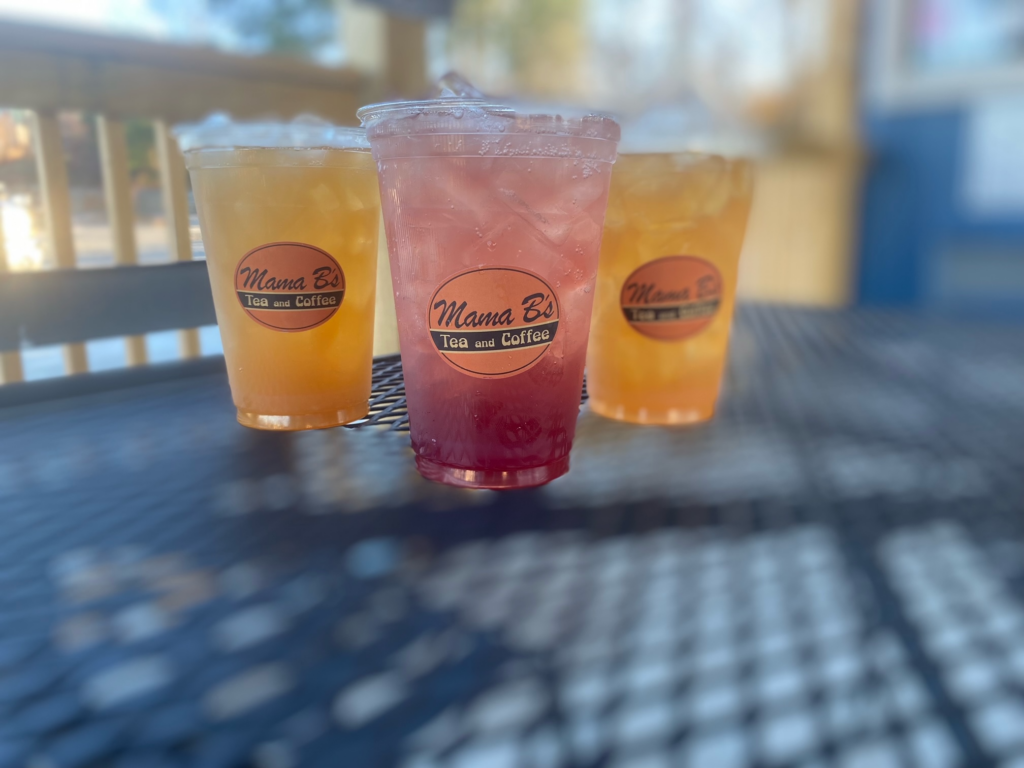
Vibes is flavorless and odorless, allowing shops to use the add-ins however they’d like—they can add the mix-ins to existing menu options or build creative beverages without worrying about distinct “energy drink” flavors. For Revolution Coffee, this meant unlocking an entirely new market segment. “We have an extremely dedicated group of people who have made Vibe lemonades a part of their routine,” says Hernandez. “We service our regional hospital, and the nurses and doctors were excited to have a new way to caffeinate before a long day or refuel during the middle of one.”
Turning Routine Into Revenue
As with adding any new ingredient to a menu, energy mix-ins are an additional expense. However, despite the initial cost, energy mix-ins are extremely profitable.
“Add-ins are a huge part of turning coffee [shops] from a ‘just making it’ to an ‘I’ve got plenty of breathing room’ type of business,” says Hernandez. “People are creatures of habit, and if you can turn their coffee ritual into an experience that not only serves them better but also generates more revenue, it’s a win/win.”
There is and always will be a market for energy drinks and alternative caffeine beverages. [Energy mix-ins] have finally given us a way to permeate that industry and provide people with something far better than energy drinks. Benjamin Hernandez, revolution coffee co.
In an interview with QSR Magazine, Brandon Knudsen, CEO of Ziggi’s Coffee, noted that launching their new energy drinks was a “budget-friendly” way to get an approachable and caffeinated beverage into the hands of consumers. “It has added folks in the morning, but we’re selling the same amount of energy all day long,” he said in the interview. “Our loyal customers are coming back and drinking energy, so that’s really exciting.”
Maya Tea Company notes that one ounce of their Vibes products equals one serving, with caffeine or “energy” levels ranging per product. It depends on the specific Vibes product and the adaptogens within it, but one serving of Vibes can add anywhere from 5-75 mg of caffeine to a drink—coffee shops charge on average $0.50-$1.00 per “add-in.”
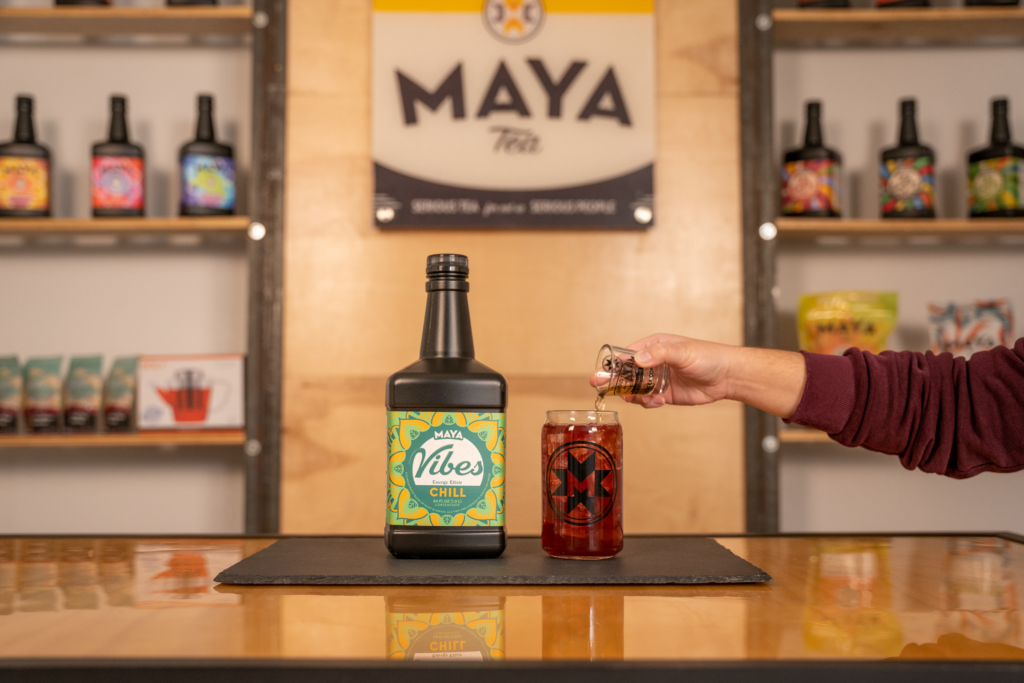
Energy mix-in products enable customers to enhance their beverage and get an energy boost at a more reasonable price point while ensuring profitability for coffee shops. A $3.50 lemonade becomes a $4 or $4.25 lemonade, all thanks to one ounce of an energy add-on.
Considering the growing customer demand for functional beverages and the cost-effective nature of energy mix-ins, it’s clear why coffee shops are adding these options to their menu. “There is and always will be a market for energy drinks and alternative caffeine beverages,” says Hernandez. “[Energy mix-ins] have finally given us a way to permeate that industry and provide people with something far better than energy drinks.”

Sponsored by Maya Tea
Maya Tea is the manufacturer of Vibes, an energy mix-in designed to help coffee shops offer functional energy in any drink on their menu. Vibes are unflavored, unsweetened, and shelf-stable.

